Table of Contents
Unlocking Potential: The Power of Expert Practice
In the past few chatterboxes, I have highlighted the resource Character Lab from University of Pennsylvania Psychology department. Once again, I am here to showcase an article from the character lab. In all its infinite wisdom and encouraging thoughts and ideas, this week I will highlight an article from Lauren Eskreis-Winkler titled; Turn Weakness Into Strength Improvement comes from challenging yourself. I chose this article because it highlights a specific strategy towards mastering a skill or task that stems from setting goals.
As we come to the end of the term, and students are reflecting on their current goals and setting new ones for the next half of the year or quarter,, it is important to recognize that setting the goal(s) is the first step. Secondly, getting support and feedback. Lastly, continuing to repeat skills to support mastery toward the goal.
The Concept of Deliberate Practice
We can all relate to getting frustrated taking on new challenges. As a result, the article suggests that deliberate practice is an approach to taking on these heavy weighted tasks. Eskreis-Winkler goes on to explain that deliberate practice is “working with a coach or teacher to set specific challenging goals for improvement, concentrating completely while practicing, receiving immediate feedback, and then repeating the cycle again and again.” (Eskreis-Winkler, 2020). Well, lucky for our SIS community, this is happening, even online.
The idea of deliberate practice is also defined as Expert Practice. In Expert Practice there are three, systematic steps that maximize learning. First, identify a specific sub-skill that challenges the student. Second, the student practices that skill with full effort. Third, the teacher gives feedback. It goes on to state that the effectiveness of Expert Practice is due to the idea that students need to be pushed just a little beyond their comfort zone. This is encouraged at SIS through the IB learner profile as being risk takers.

Both definitions are similar to an educational idea of “chunking” a task or assignment into parts that make it more manageable and digestible to complete successfully. Adding in the idea of setting goals and getting immediate feedback and repeating over again is something we are seeing as students turn in google assignments and completing lessons.
Feedback is immediate and comments are specific to the task. The feedback can come from teachers, peers or even self-reflection. The repetition happens as teachers are then able to continue to have students practice skills as it is woven into other assignments and content.
We are constantly challenging ourselves, especially as we juggle our lives, work or school in a pandemic. For some, it is all we can do to manage and complete tasks. However, there are ways to approach new challenges that can help manage trying something new into a full on new skill or passion. It starts with setting your goal, practicing your goal and getting feedback. As students are preparing to reflect on their goals for the past or new semester, how will you be able to help them using Expert Practice?
See also: Transition: Navigating Elementary to Middle School with Confidence
References:
Eskreis-Winkler, L. (2020, November 9). Turn Weakness Into Strength.
Character Lab. https://characterlab.org/tips-of-the-week/turn-weakness-into-strength/.
Expert Practice for Classrooms. Character Lab.
https://characterlab.org/activities/expert-practice-for-classrooms/.









